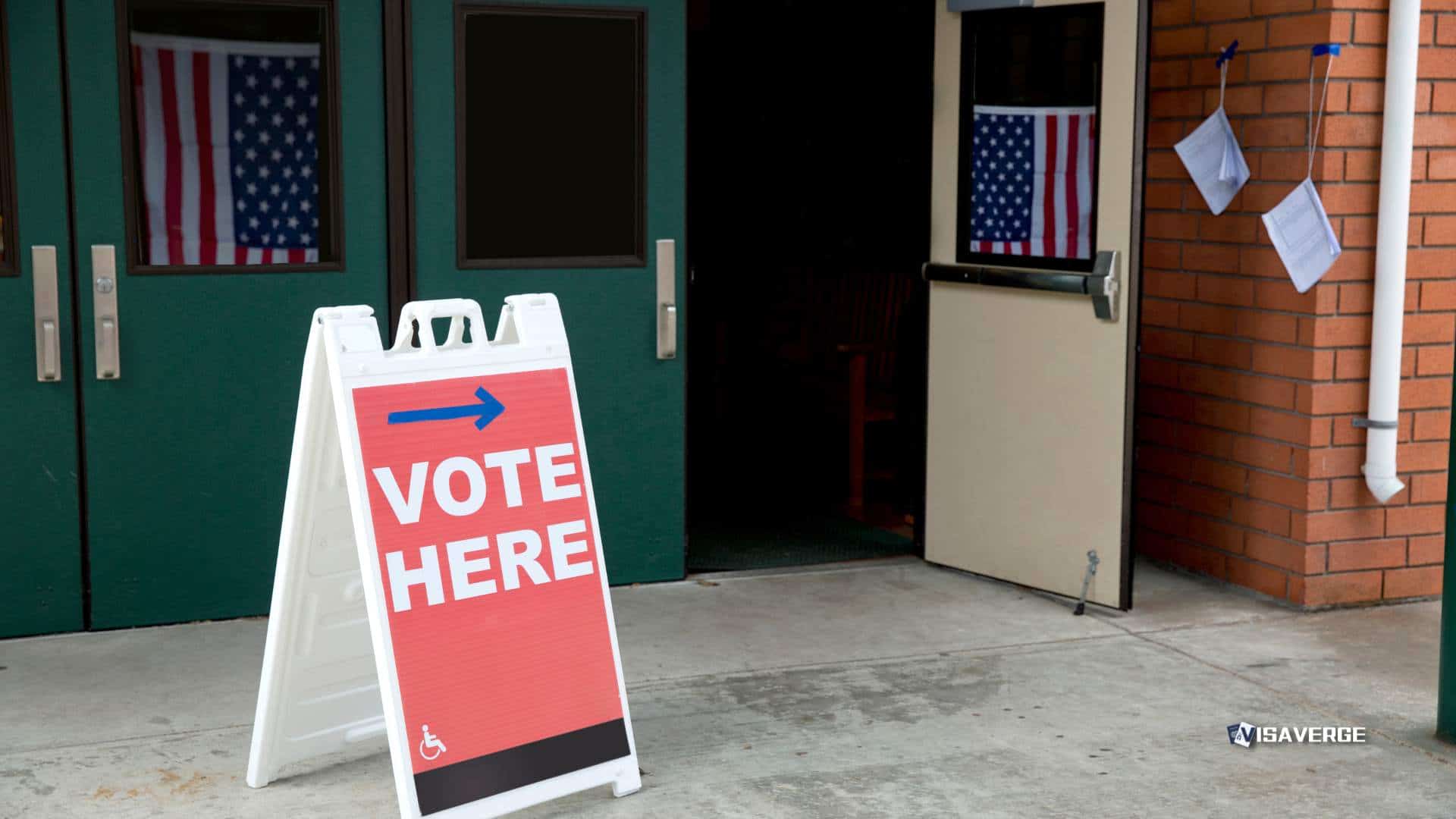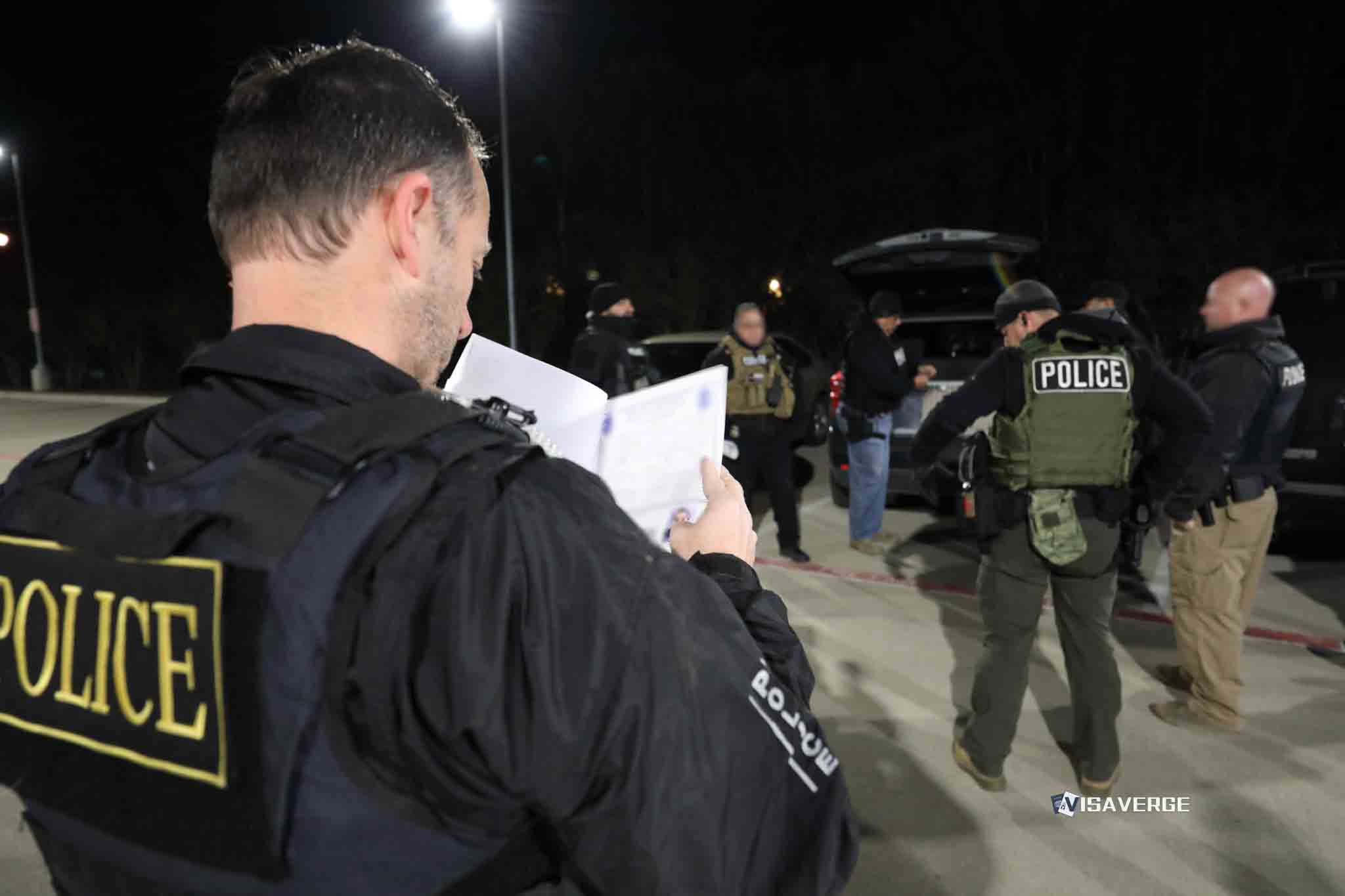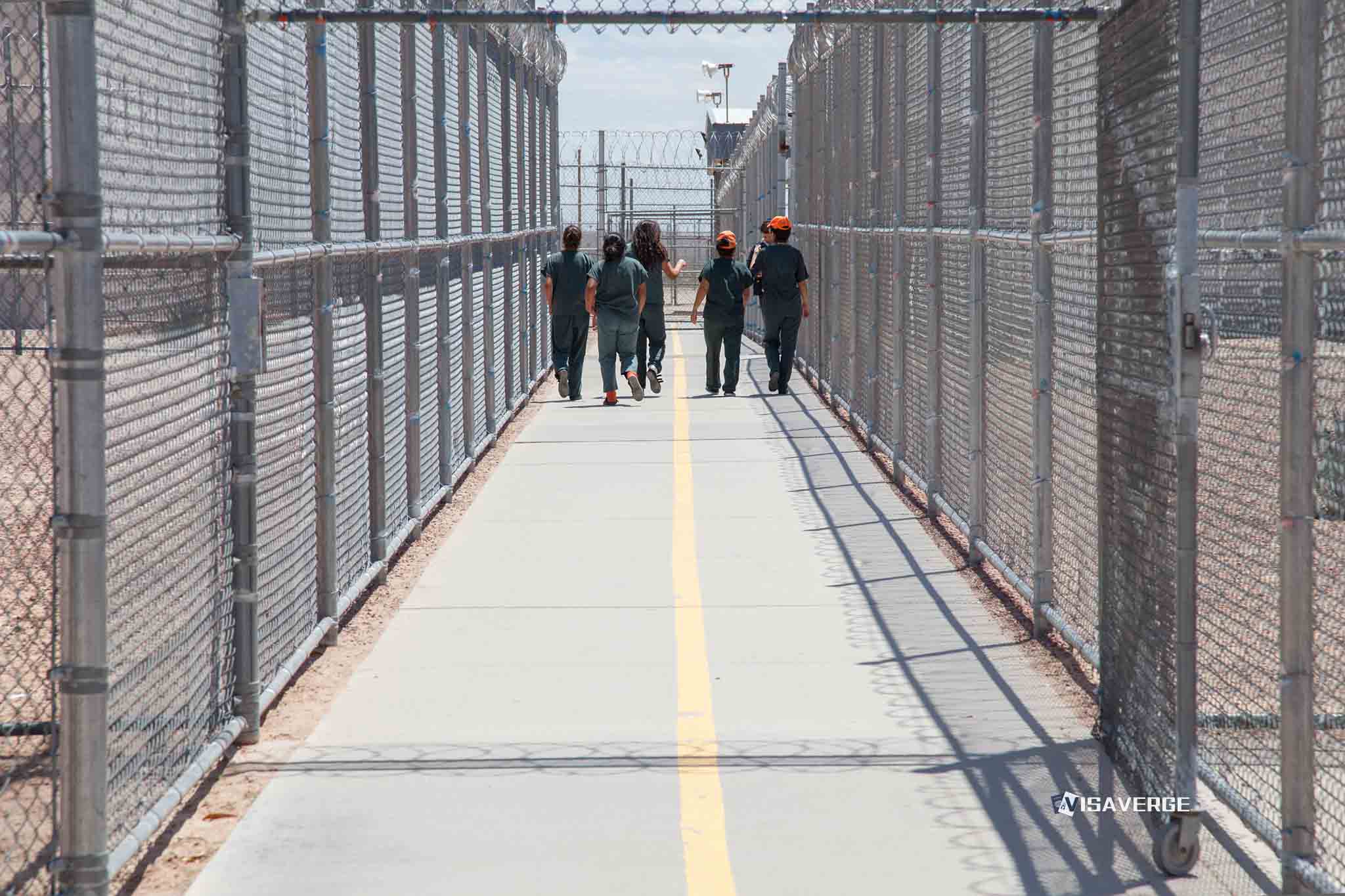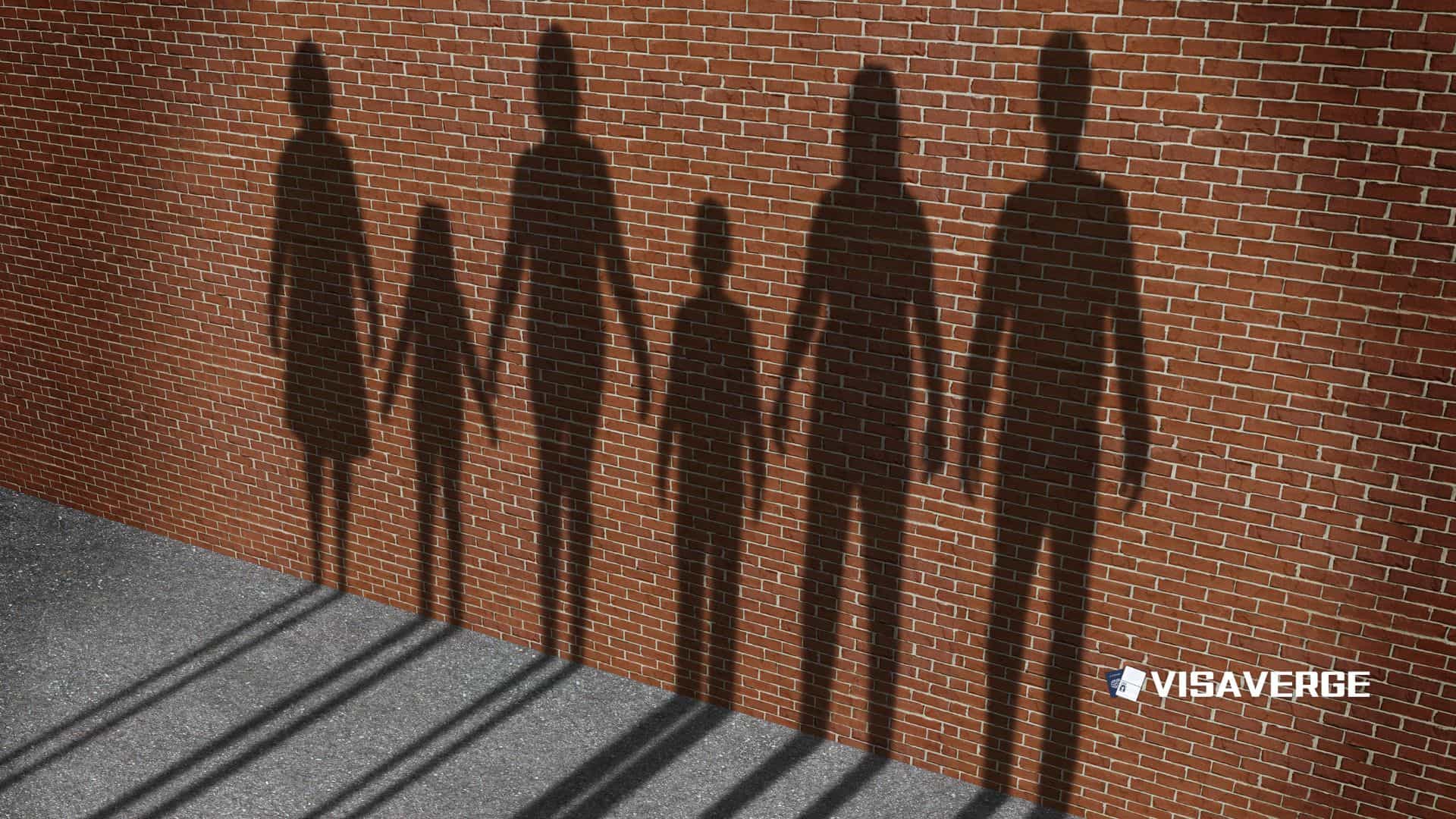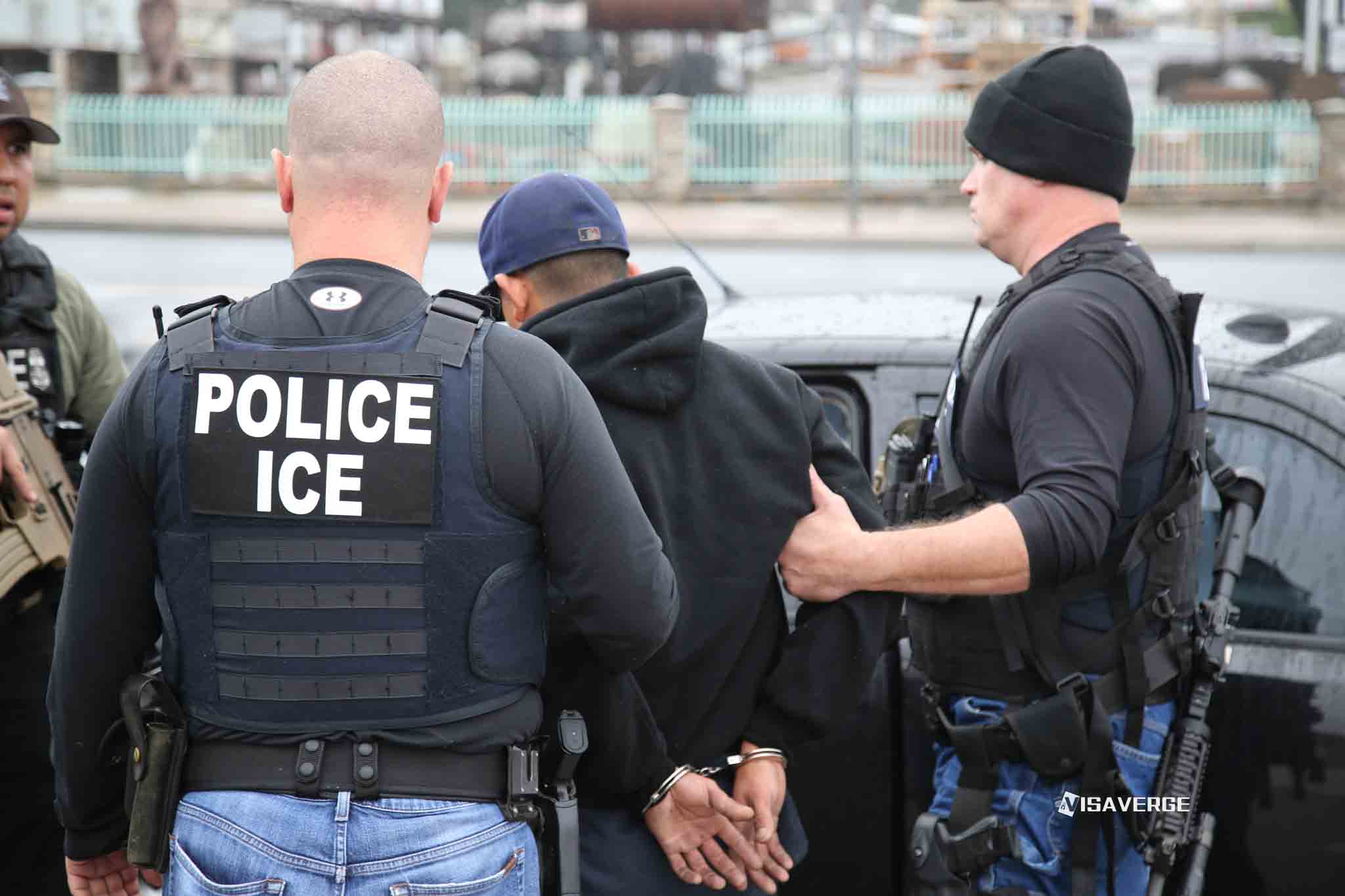As of August 1, 2025, the Trump administration has resumed and expanded the deportation of foreign criminals from the United States 🇺🇸 to African countries under a third-country deportation policy, following a U.S. Supreme Court decision in June 2025. This move has sparked strong debate, legal challenges, and concern among affected communities, legal experts, and human rights advocates.
What’s happening, and why does it matter? The Trump administration now sends some deportees, including those with criminal records, to African countries like South Sudan—even if these are not their home countries—when their own countries refuse to take them back. The U.S. Supreme Court’s recent ruling allows these deportations to happen quickly, with little warning or chance for migrants to challenge their removal. This policy shift has immediate effects on immigrants, their families, and diplomatic relations between the United States 🇺🇸 and several African nations.

How the Third-Country Deportation Policy Works
The third-country deportation policy lets the United States 🇺🇸 send people to countries other than their country of origin if their home country refuses to accept them. This process usually targets individuals who have finished serving criminal sentences in the U.S. but cannot be returned to their home country because that country will not issue travel documents or otherwise blocks their return.
Key steps in the process:
– After serving their sentence, the individual receives a formal removal order.
– If their home country refuses to accept them, the U.S. government seeks a third country willing to take the person.
– The U.S. negotiates with countries, often offering diplomatic or economic incentives.
– Once a third country agrees, the person is deported there, sometimes with very little notice.
The U.S. Supreme Court’s June 2025 decision gave the Trump administration the legal authority to carry out these deportations quickly, reversing a previous court order that required more time and a chance for migrants to contest their removal.
South Sudan: A Focal Point for Deportations
South Sudan, the world’s youngest nation, has become a key partner in these third-country deportations. In July 2025, eight men with criminal records were deported from the United States 🇺🇸 to South Sudan after being held for months in Djibouti. South Sudan has agreed to accept more deportees, but only if the U.S. meets certain demands. These include:
- Lifting visa bans on South Sudanese citizens
- Unfreezing a South Sudanese bank account in the United States 🇺🇸
- U.S. support in prosecuting political figures in South Sudan
So far, the Trump administration has not agreed to these demands. The negotiations show how deportation agreements can become part of larger diplomatic and political discussions.
Diplomatic Tensions and Pushback from African Countries
The Trump administration has tried to make similar deportation deals with nearly 60 countries, many of them in Africa. These deals often come with strings attached, such as changes to visa policies or economic incentives. Some African countries, like Nigeria, have pushed back, saying that accepting deportees who are not their citizens violates their sovereignty and could put people in danger.
A Nigerian official, speaking on condition of anonymity, said, “We cannot accept people who have no ties to our country. It is a matter of national dignity and human rights.” This sentiment is echoed by other African governments, who worry about the safety and integration of deportees and the political consequences of accepting them.
Legal and Human Rights Concerns
Many immigration lawyers and human rights groups argue that the third-country deportation policy violates both U.S. and international law. Their main concerns include:
- Lack of due process: The new policy allows for quick deportations with little chance for migrants to challenge their removal in court.
- Risk of harm: Sending people to countries like South Sudan, which faces ongoing conflict and instability, may put them in danger.
- Violation of international law: The policy may break the principle of “non-refoulement,” which says that countries should not send people to places where they could face harm.
According to analysis by VisaVerge.com, “The use of expedited deportations to third countries raises serious questions about the United States 🇺🇸’s commitment to due process and international human rights standards.”
The American Civil Liberties Union (ACLU) and other advocacy groups have called the policy “unconstitutional” and have filed lawsuits to try to block it. They argue that the use of the Alien Enemies Act—a law from 1798—to speed up deportations without proper hearings is especially troubling.
The Role of the U.S. Supreme Court
The U.S. Supreme Court’s June 2025 ruling was a turning point. The Court decided that the Trump administration could resume expedited deportations to third countries with minimal notice, overturning a lower court’s injunction. The majority opinion stated that the executive branch has broad authority over immigration enforcement, especially when dealing with individuals who have finished criminal sentences and whose home countries refuse to accept them.
However, the decision was not unanimous. Dissenting justices warned that the policy could lead to “grave injustices” and “irreparable harm” for people who are sent to countries where they have no ties and may face danger.
How the Policy Affects Real People
For those facing deportation under the third-country policy, the experience can be frightening and uncertain. Many have served time for crimes in the United States 🇺🇸, but after finishing their sentences, they find themselves in legal limbo. If their home country refuses to take them back, they may be held in detention for months or even years while the U.S. government looks for a third country willing to accept them.
Case Example:
– In July 2025, eight men were deported from the United States 🇺🇸 to South Sudan after being held in Djibouti. These men had criminal records but no ties to South Sudan. Their fate after arrival remains unclear, as South Sudan struggles with its own security and economic problems.
Deportees often arrive in countries where they have no family, no support network, and no legal status. This makes it hard for them to find work, housing, or basic services. In some cases, they may face discrimination, arrest, or even violence.
Detention and Removal Process
The process for third-country deportations is complex and often lacks transparency. Here’s how it typically works:
- Criminal Conviction: The individual serves a criminal sentence in the United States 🇺🇸.
- Removal Order: After serving their sentence, they receive a formal order of removal.
- Home Country Refusal: If their home country refuses to accept them, the U.S. government looks for a third country.
- Detention: The person may be held in U.S. detention centers or in overseas facilities, such as Camp Lemonnier in Djibouti.
- Negotiation: The U.S. negotiates with third countries, sometimes offering incentives.
- Deportation: Once a third country agrees, the person is deported there, often with little notice.
Many deportees and their families say they are not told where or when the deportation will happen, making it hard to prepare or seek legal help.
The Trump Administration’s Broader Immigration Crackdown
Since returning to office in 2025, President Trump has made immigration enforcement a top priority. The administration has:
- Set daily arrest quotas of 1,200 to 1,500 people
- Expanded immigration raids and detentions across the country
- Revoked Temporary Protected Status (TPS) for over a million immigrants, including many from African countries
Officials like Tom Homan, the former border czar, defend these actions as necessary to “restore law and order” and “protect American communities.” They argue that the third-country deportation policy is a practical solution for dealing with people who cannot be sent back to their home countries.
African Governments: Between Pressure and Opportunity
African governments face a difficult choice. On one hand, they want to maintain good relations with the United States 🇺🇸, which is a major trading partner and source of aid. On the other hand, accepting deportees who are not their citizens can create political problems at home.
Some countries, like South Sudan, have tried to use the situation to their advantage by demanding concessions from the U.S. Others, like Nigeria, have refused to accept deportees, citing concerns about sovereignty and human rights.
A South Sudanese official explained, “We are willing to help, but only if the United States 🇺🇸 respects our conditions. We cannot simply accept people without any benefit to our country.”
Human Rights Advocates: Warning of Danger
Human rights groups warn that sending people to unstable countries like South Sudan puts them at serious risk. South Sudan has faced years of conflict, political violence, and economic hardship. Many deportees have no ties to the country and may struggle to survive.
A lawyer with the ACLU said, “These deportations are not just a legal issue—they are a matter of life and death for many people. The United States 🇺🇸 has a responsibility to protect people from harm, not send them into danger.”
Advocates also point out that the policy may violate the United States 🇺🇸’s obligations under international law, including the United Nations Convention Against Torture and other treaties that ban sending people to places where they could face harm.
Public Opinion: Americans Divided
A recent poll found that 58% of Americans oppose deportations to countries where migrants could face danger or have not received proper hearings. This shows that many people in the United States 🇺🇸 are concerned about the humanitarian impact of the policy.
Some Americans support the Trump administration’s tough stance on immigration, arguing that it is necessary to protect public safety and uphold the law. Others believe that the policy goes too far and puts innocent people at risk.
Legal Challenges and Ongoing Lawsuits
Despite the Supreme Court’s ruling, legal challenges to the third-country deportation policy continue. Advocacy groups argue that the policy violates the U.S. Constitution and international law. They have filed lawsuits in federal courts, seeking to block deportations to countries where people could face harm.
One key argument is that the policy denies people a “meaningful opportunity” to contest their removal, as required by due process. Another is that it violates the principle of non-refoulement, which is a basic rule in international law.
The outcome of these legal battles could shape the future of U.S. immigration policy and the rights of migrants for years to come.
Practical Implications for Immigrants and Their Families
For immigrants and their families, the third-country deportation policy creates fear and uncertainty. People who have lived in the United States 🇺🇸 for years, sometimes decades, now face the risk of being sent to countries where they have no connections and may not be safe.
Common challenges include:
– Uncertain legal status: Many do not know if or when they will be deported.
– Prolonged detention: Some spend months or years in detention while the government looks for a third country.
– Lack of information: Families often do not know where their loved ones are or what will happen to them.
– Difficulty accessing legal help: The fast pace of deportations makes it hard to find a lawyer or prepare a defense.
Community organizations and legal aid groups are working to provide support, but resources are limited. Many families are left to cope on their own.
Diplomatic and Economic Impacts
The Trump administration’s push for third-country deportations has affected diplomatic relations between the United States 🇺🇸 and several African countries. Some governments have used the negotiations to seek economic or political concessions, while others have resisted, leading to tensions.
The policy also has economic impacts. Deportees who arrive in third countries often need support with housing, food, and other basics. This can strain local resources, especially in countries that are already struggling with poverty and conflict.
What Can Affected Individuals Do?
If you or someone you know is facing deportation under the third-country policy, here are some steps to consider:
- Seek legal help: Contact organizations like the ACLU or local immigration lawyers as soon as possible.
- Stay informed: Monitor updates from the U.S. Department of Homeland Security (DHS) and Immigration and Customs Enforcement (ICE). You can find official information on the ICE website.
- Connect with advocacy groups: Many groups offer support, information, and resources for people facing deportation.
- Document your case: Keep records of all communications with immigration authorities and any legal documents you receive.
Looking Ahead: What’s Next for Third-Country Deportations?
The Trump administration is expected to continue expanding the third-country deportation policy as part of its broader immigration crackdown. Negotiations with African countries and others will likely continue, with more deals tied to diplomatic and economic demands.
Legal challenges are ongoing, and future court decisions could change how the policy is applied. Public and international scrutiny may also increase, putting pressure on the administration to adjust its approach.
Key points to watch:
– Will more African countries agree to accept deportees, and under what conditions?
– How will U.S. courts rule on future legal challenges to the policy?
– What impact will the policy have on affected individuals and their families?
– Will Congress step in to provide more oversight or change the law?
Resources for Further Information
- U.S. Department of Homeland Security (DHS): Oversees immigration enforcement and deportations.
- Immigration and Customs Enforcement (ICE): Handles the detention and removal of individuals.
- U.S. Department of State: Manages diplomatic negotiations with other countries.
- American Civil Liberties Union (ACLU): Provides legal assistance and advocacy for affected individuals.
For official information on removal statistics and current policies, visit the ICE removal statistics page.
Conclusion: A Policy with Far-Reaching Effects
The Trump administration’s third-country deportation policy, backed by the U.S. Supreme Court, has changed the landscape of immigration enforcement in the United States 🇺🇸. While officials argue that it is necessary to manage difficult cases and enforce the law, critics warn that it puts vulnerable people at risk and undermines basic legal protections.
As reported by VisaVerge.com, the debate over third-country deportations is likely to continue, with legal, diplomatic, and human rights issues at the center of the discussion. For those affected, the stakes could not be higher, and the need for clear information, legal support, and compassionate solutions remains urgent.
If you or someone you know is impacted by these policies, reach out to trusted legal and advocacy organizations for help. Stay informed, know your rights, and take action to protect yourself and your loved ones in these uncertain times.
This Article in a Nutshell


